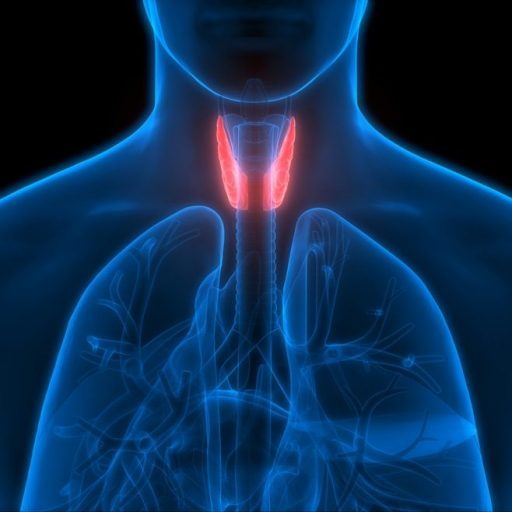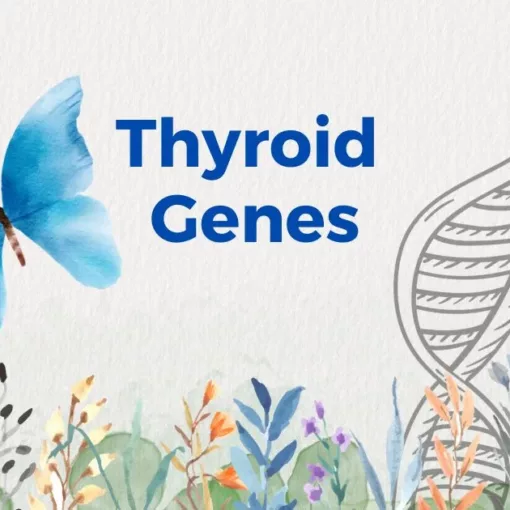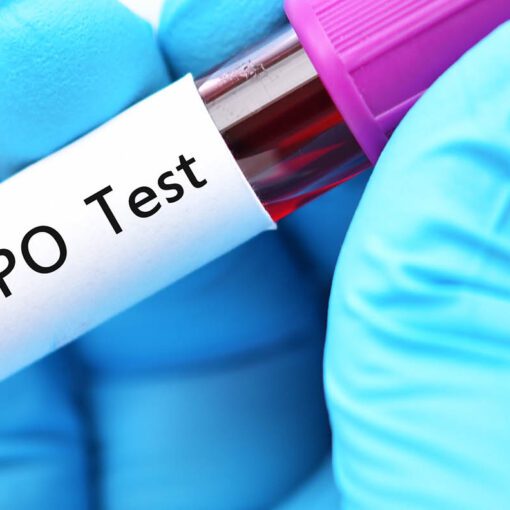The Role of Hormones in Hair Health
Hormones significantly influence hair growth and quality. They regulate the hair’s life cycle, affecting its thickness and presence. Androgens, thyroid hormones, and stress-related hormones are key players. Imbalances in these can lead to noticeable changes in hair density.
Androgens and Hair Dynamics
Androgens, such as testosterone and DHT, exist in everyone, albeit in varying levels. High DHT levels can shrink hair follicles, causing androgenetic alopecia. This condition often results in hair thinning and loss, particularly in genetically predisposed individuals.
Thyroid Hormones: The Growth Regulators
Thyroid hormones, mainly T4 and T3, are crucial for hair growth. Imbalances, like hypothyroidism or hyperthyroidism, can disrupt hair health. Typically, thyroid-related hair loss is diffuse, affecting the entire scalp uniformly.
Stress Hormones: The Disruptors
Cortisol, a stress hormone, can adversely affect hair growth when elevated. Excess cortisol pushes hair into a resting phase, leading to increased shedding. This condition, known as telogen effluvium, often manifests during high-stress periods.
Beyond the Usual Suspects
Other hormonal imbalances also play a part. Insulin, growth hormone, and prolactin can influence hair health. Life events like pregnancy, menopause, or contraceptive use can trigger temporary hair loss.
Proactive Steps for Hormonal Hair Health
Consult a healthcare provider if you suspect hormonal imbalances. Proper diagnosis and treatment are crucial. They can help manage hair thinning or loss effectively. Remember, addressing the root cause is key to restoring hair vitality.
Author’s Expertise
Samantha Clarke, a seasoned Endocrinology Nurse, brings over two decades of experience to this topic. Having navigated thyroid issues personally, she offers a unique blend of professional and personal insight. Her commitment to bridging medical knowledge and patient experience shines through her work.
Conclusion: Empowerment Through Understanding
Understanding the hormonal roots of hair loss empowers you to seek targeted solutions. By addressing these imbalances, you can take significant steps toward reclaiming your hair’s health and confidence. Always prioritize a people-first approach, focusing on well-being over mere appearances.






